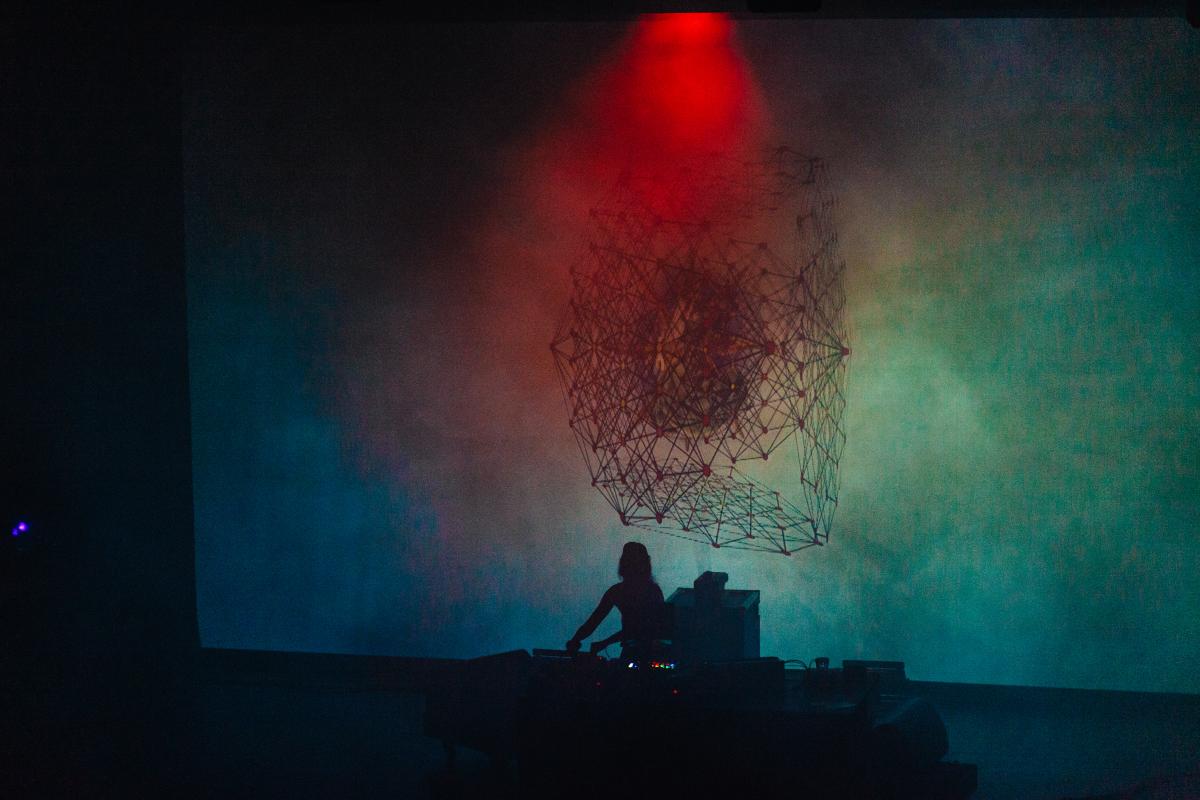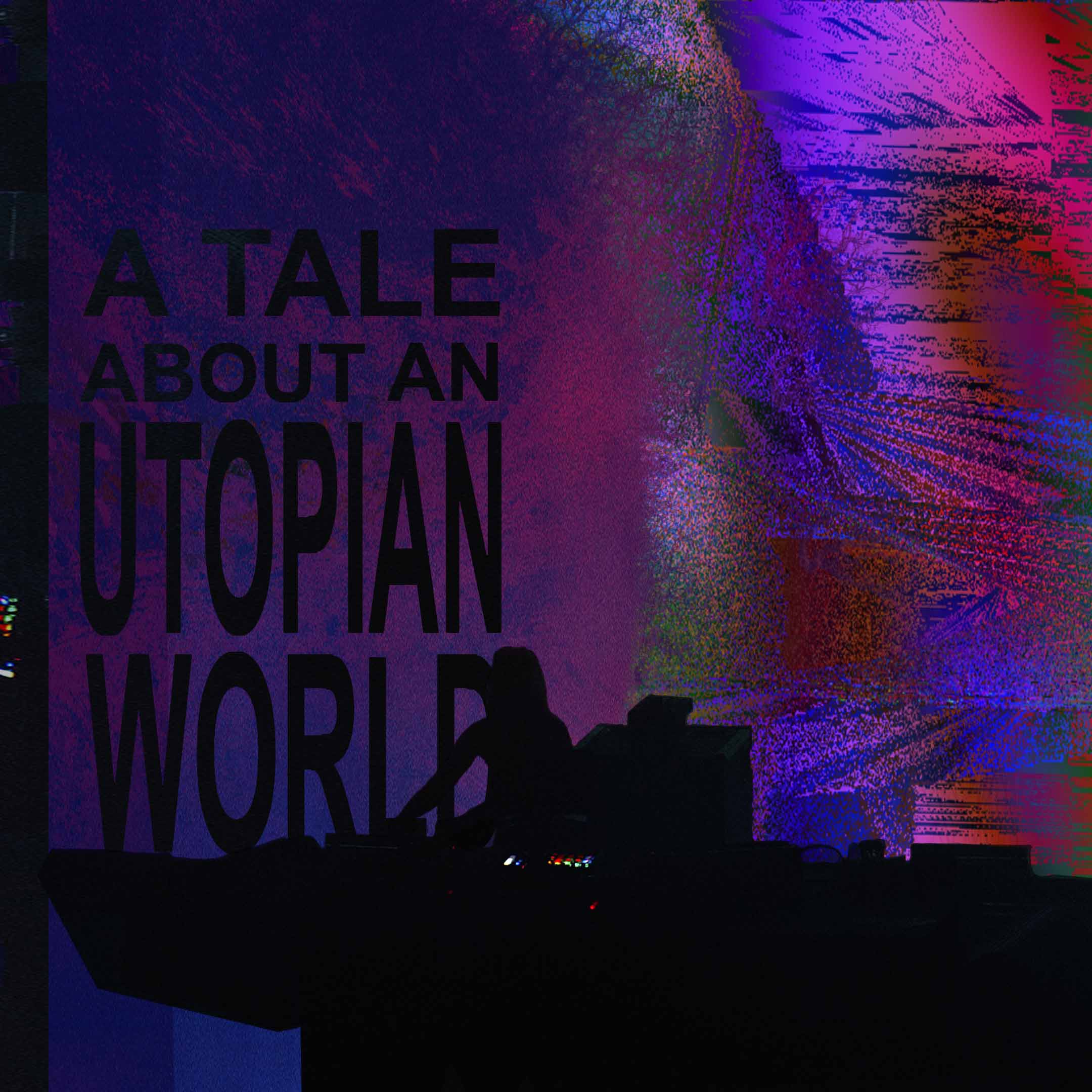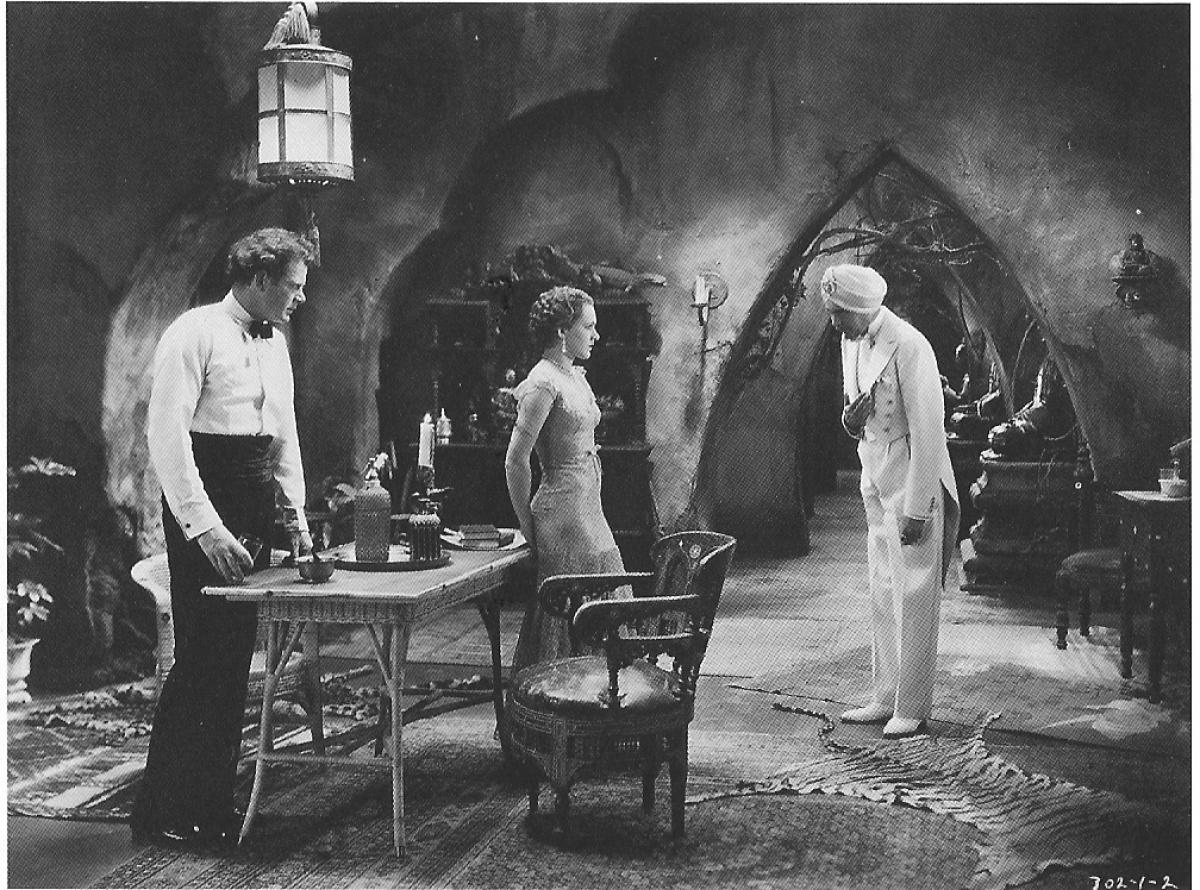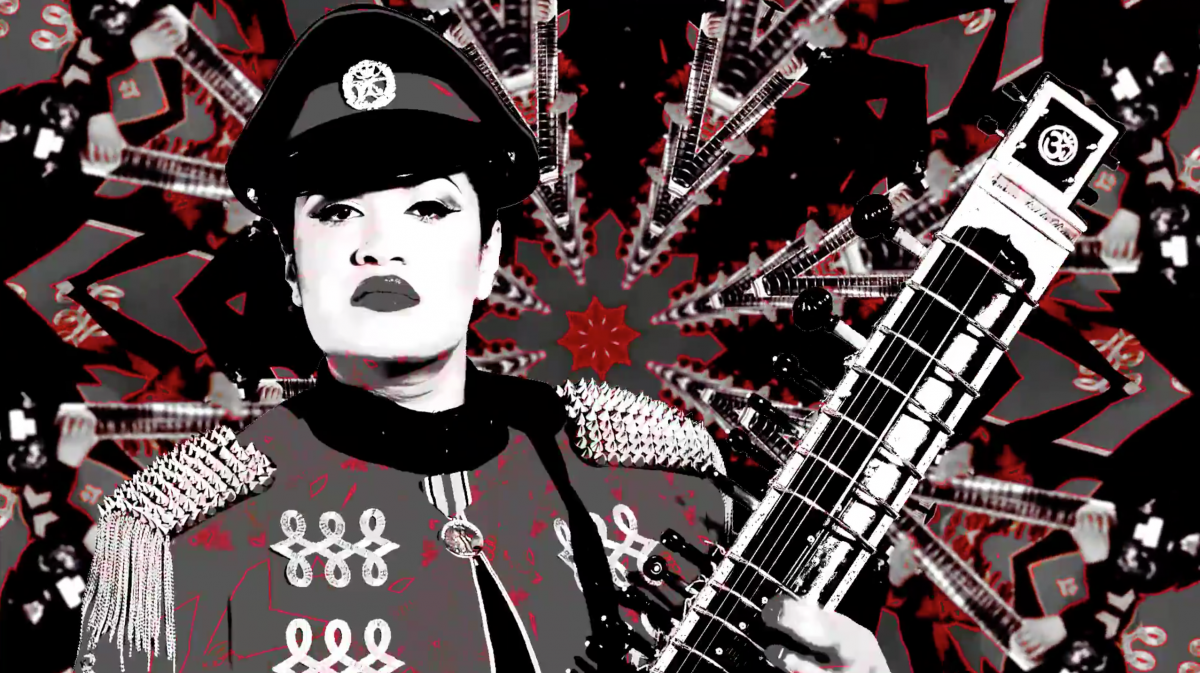
About an Utopian World: Aïsha Devi
The music of of the electronic musician and singer Aïsha Devi creates a world of unheard sounds and utopian ideas. In a sonic fiction piece, Philipp Rhensius examines the song «Cell Stems Spa» about its ideas for a better 21st century.
Clubmusic has never been innocent. But today, in a world full of hostile politics, racism and sexism and the 24/7 distribution of its associated images, it is ever more so – and the music of the electronic musician and singer Aïsha Devi is a great example. Her deconstructed club sound is a distorting mirror of the now. It wires up atonal noise with harmonic singing, ecstatic rave idioms with bleak drones and poetic lyrics. In 2015 she released her debut album, Of Matter And Spirit, in collaboration with the Chinese visual artist Tianzhuo Chen and later with the Asian Dope Boys for dance performances. Her new album, DNA Feelings (Houndstooth 2018), is loaded with idiosyncratic and unheard sounds as well as utopian ideas that help to imagine a better 21st century.
Living in an Utopian State
«Cell Stems Spa» has neither a start nor an end: it has always been there. It just waited to be sonified as it has – until now – existed outside of our capacity to perceive: the steady low hum that moves through the air slowly, like a modulated machine or a highway next to where you just woke up. A sound that enters your body, your skin, and your bones until it resonates with you and connects your body to your emotions and your soul to your reason. Then a melody comes along and takes over, played by what could be an amplified synthesizer. It lays the foundation for a human-like voice that is layered with several other, somewhat alien voices, until it becomes a choir. The words are barely understandable, apart from what sounds like «we are» in the beginning of the short vocal fragments. The use of the personal pronoun finally hints at a certain consciousness, one that is in tension, but more in an equilibrium with forms and rhythms. The «we», it turns out, is a collective of organisms that live in a utopian state. Here, they don’t have to be somebody, neither a subject nor an object, they can just be an undefined «we» that is in a state of permanent becoming.
The Story of Unborn Life
Aren’t we, as human beings, at the beginning, when our DNA is still floating in the cosmos, not also all the same? A universal substance without details or determination, a blank paper, an unwritten book that waits to be filled? A free floating bunch of molecules looking for salvation: to finally turn into a living being with a mind and body – and all the invisible tentacles that connect us to other living beings, but also machines, tools, computers, smartphones, and virtual networks. «Cell Stems Spa» tells the story of unborn, but also interconnected life. A universal organism that can just exist, free from any associations or affiliations, but full of potential. It is a tale about an utopian world, where human beings are invited to not accept what their predetermined reality is, and thereby, their relations to other people and other institutions. As the petrification of realities is always dangerous, one should be aware of the fact that we, like stem cells, can transform into everything or everybody we want to. Well, presupposed we allow ourselves to do so, by swimming in this spa called life.
Biography
Published on May 25, 2018
Last updated on October 07, 2021
Topic
From afrofuturist parallel worlds to decoding strategies of emancipatory sounds: Examinations of music striving for a life worth living.
Special
Snap


